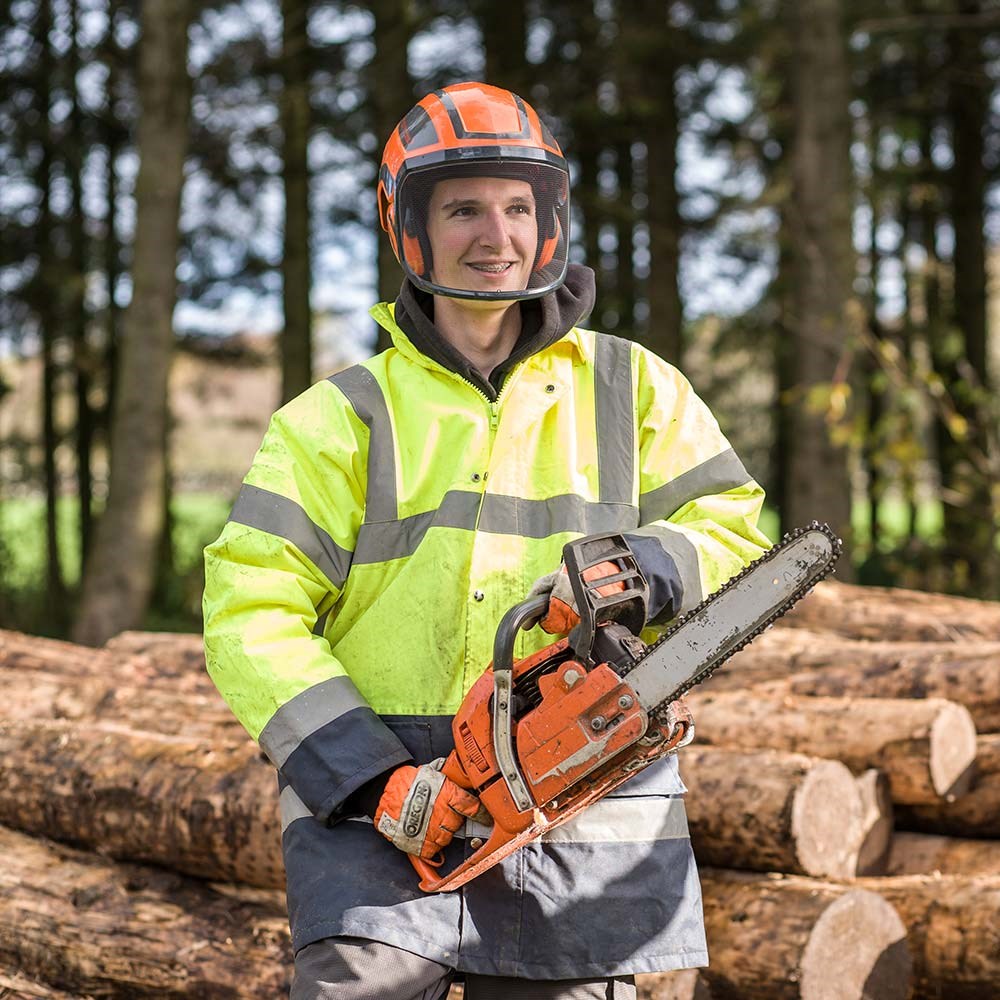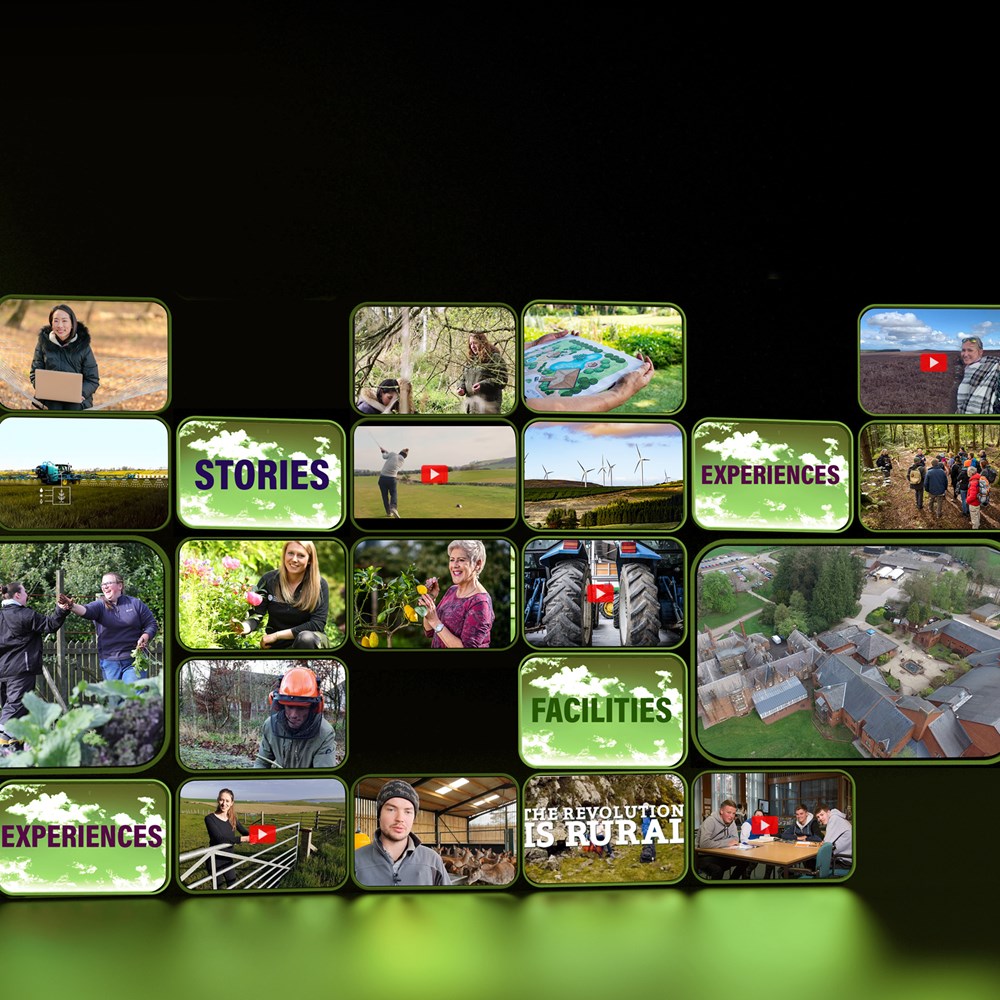
This course will explore the need for ecological restoration and equip you with the skills and knowledge required for the evaluation of restoration projects. It focuses on the complexities of natural systems and the strategies required to achieve successful outcomes.
Who the course is for:
This course is for those who are seeking to make a difference, for those who want a career addressing our ecological problems. We are now in the UN Decade of Ecological Restoration and this course aims to equip learners with a sound scientific foundation of the principles and practices needed for this global initiative to be successful.
Learners will explore projects that will illustrate the imperative for ecological restoration and strategies to reverse the damage and degradation.
Entry requirements:
There are no formal entry requirements, but applicants are advised that this course will be delivered at SCQF Level 11, which is equivalent to a postgraduate MSc degree. If you do not have a Bachelors degree or equivalent level qualification, you may find the postgraduate level assessment challenging.
You will require access to a computer or laptop, internet connectivity and a webcam.
Course dates:
This course is self-paced and is now open for applications. It can be started at any point in the year except July and August. It normally takes 12 weeks to complete.
Delivery:
Online distance learning
Qualification:
This is a stand-alone micro-credential (accredited short course) at postgraduate level 11. Upon completion of this course, you will gain 20 SCQF credits (equivalent to one-third of a Postgraduate Certificate) and a certificate to prove you have passed the course.
Cost:
£1,200.00
Learn more about this course:
Other relevant micro-credentials:

Managing Ecosystems for Climate Resilience
Gain a scientific understanding of the ways in which natural systems can be managed to store carbon and enhance their biodiversity and ability to respond to climate change.

Phytotechnologies: Plant-based technologies for environmental management
Discover the innovative use of plants for environmental management.
Other ways to study at SRUC:

Training courses
SRUC's training service offers a wide range of training and skills development courses to meet the needs of the land-based workforce across Scotland and the rest of the UK.

Apprenticeships
Skills Development Scotland Modern Apprenticeship (MA) programmes offer individuals and employers a package of vocational training designed to meet the demands of today’s land-based industries as well as nationally recognised qualifications. Our apprenticeship programmes allow learners to enhance their knowledge and skills whilst being in paid employment, with learning and assessment being tailored to each programme and the needs of both the employer and employee.

Part time study
Whether you have family commitments, a day job or just prefer to take things slow, education and training at SRUC is as flexible and diverse as our students.




